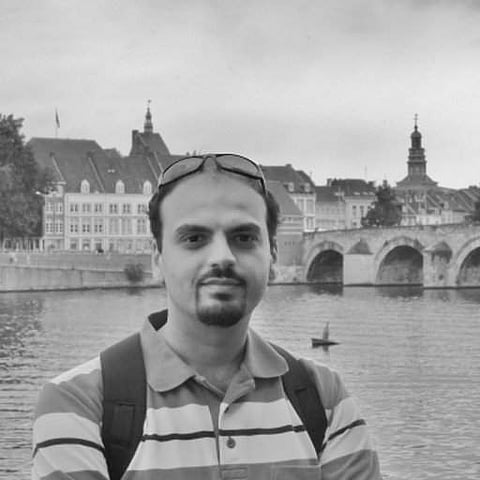

Indian Institute of Technology (IIT) Hyderabad Researcher Dr Aalok Khandekar is coordinating an 'Air Pollution Governance Across Cities Study' (known as the 6+ Cities Study) to characterize how coordination between 'understanding' and 'governing' air pollution is happening in different cities.
It also supports comparative insight and cross-city dialogue. Originally, there were six cities in the study with research groups in Beijing, Bangalore, Houston, Philadelphia, New York City, and Albany, funded by the US.
National Science Foundation, a US Government agency that supports fundamental research and education in all the non-medical fields of science and engineering.
The study has now been expanded to include four more Indian cities including Delhi, Hyderabad, Chennai, and Pune besides Los Angeles as well.
Research in India is being funded by the Azim Premji Foundation, India, an IIT-Hyderabad statement here said on Tuesday.
Research groups based in each city, as well as researchers, focused on themes across cities, are coordinated out of the University of California Irvine, Department of Anthropology by Professors Kim Fortun and Mike Fortun.
Dr Aalok Khandekar, Assistant Professor of Anthropology/Sociology, Department of Liberal Arts, IIT Hyderabad, is coordinating the Research in India.
Speaking about the importance of this study and its outcomes, Dr Aalok said, "We want to understand how actors in different communities identify problems, produce and use relevant data, interpret and think creatively about that data, and are moved to action."
Further, Dr Aalok added, "We hope to characterize a city's air pollution governance style as an effect of the ways different communities involved in the city (local and beyond, including city, state, and national government actors, residents, environmental activists, scientists in different disciplines) come together, prioritizing some things while discounting others. Our hope is that comparative perspective on air pollution governance styles will advance both fundamental understanding of environmental governance and practical work on the ground."
The '6+ Cities Study' aims to characterize distinctive styles of environmental health and risk governance at the city scale.
Through interviews, observation of public events, and analysis of media, government, non-governmental organisations and scientific reports, the study team is examining different stakeholder roles and perspectives, links between policy domains (especially environment, transportation, health, and education), and links across scale (urban, state, national, and international).
